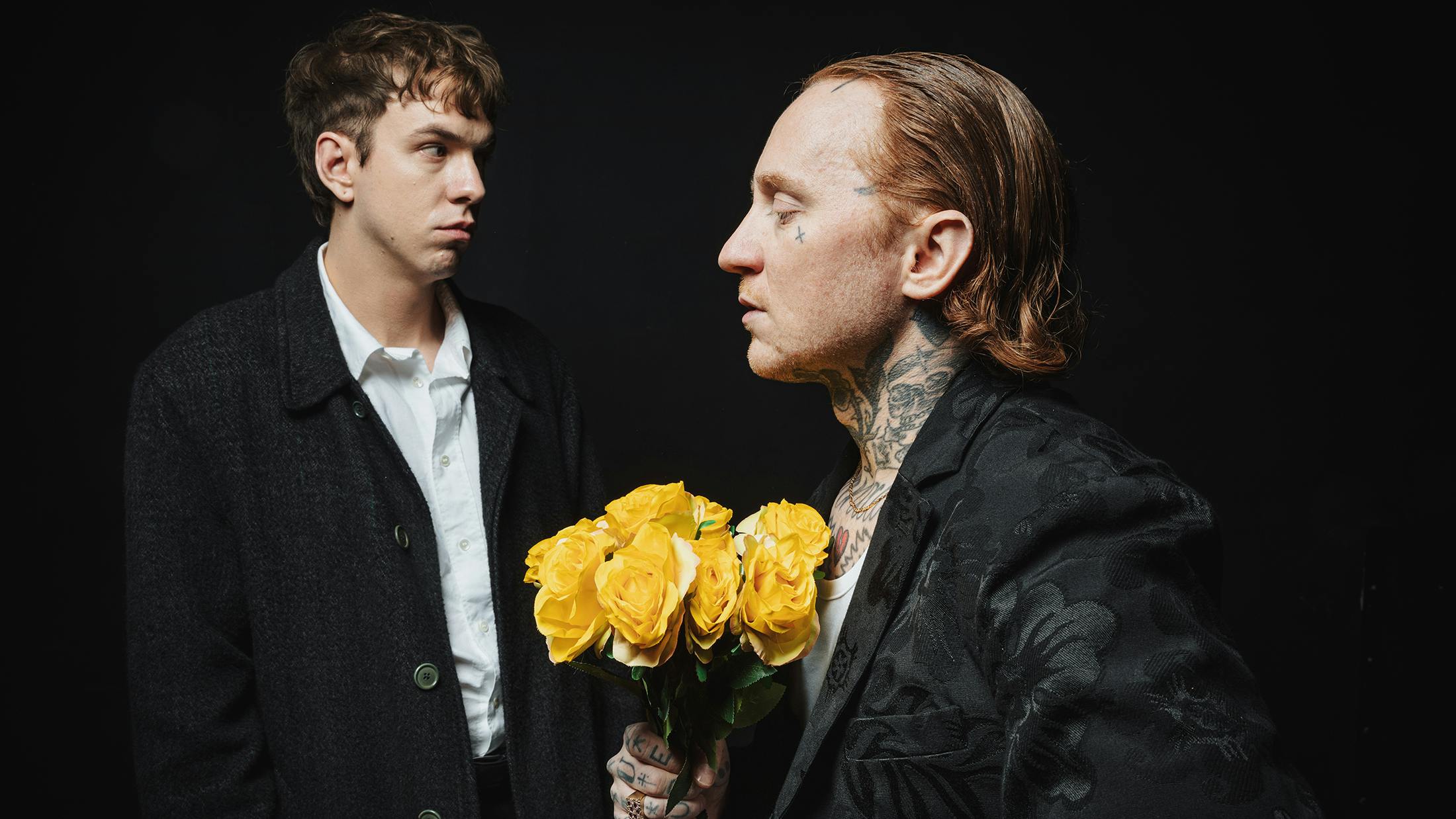During his train journey into London to meet Kerrang!, Frank Carter had a realisation. Chugging his way into Camden Town and the stylish offices of The Rattlesnakes’ management, it occurred to him that this cold, wet winter’s day marked 15 months since he got sober.
Over lockdown, the increased lack of connection the times engendered came down hard on the singer. Today, the word he has for the period is “brutal”. While The Rattlesnakes’ last album, 2021’s explosive Sticky was a determined brawl of a record – going harder than they had done for a while to try to feel something again in response to the disconnection of COVID – it didn’t plug the gap. Instead, bad habits began to sidle up to him.
“I've watched a TED Talk about addiction, talking about how the opposite of connection is addiction. And sadly, for me, that's what happened,” he says today. “I got so lost in coping mechanisms that I barely recognised myself.”
Eventually, Frank woke up and realised his indulgences weren’t healthy, and they weren’t helping, either. And so, he sought treatment, and began seeing a therapist, something his Rattlesnake comrade, guitarist Dean Richardson, has also extolled the virtues of. Frank had previously tried this avenue when he wanted to untangle a few things, but didn’t get much from the sessions. This time, though, it actually did something.
“I was in therapy before, but it wasn't effective until I was sober,” he says, leaning back in a sofa. “As soon as I was sober, my therapy became effective. My communication got better. Everything around me got better.”
